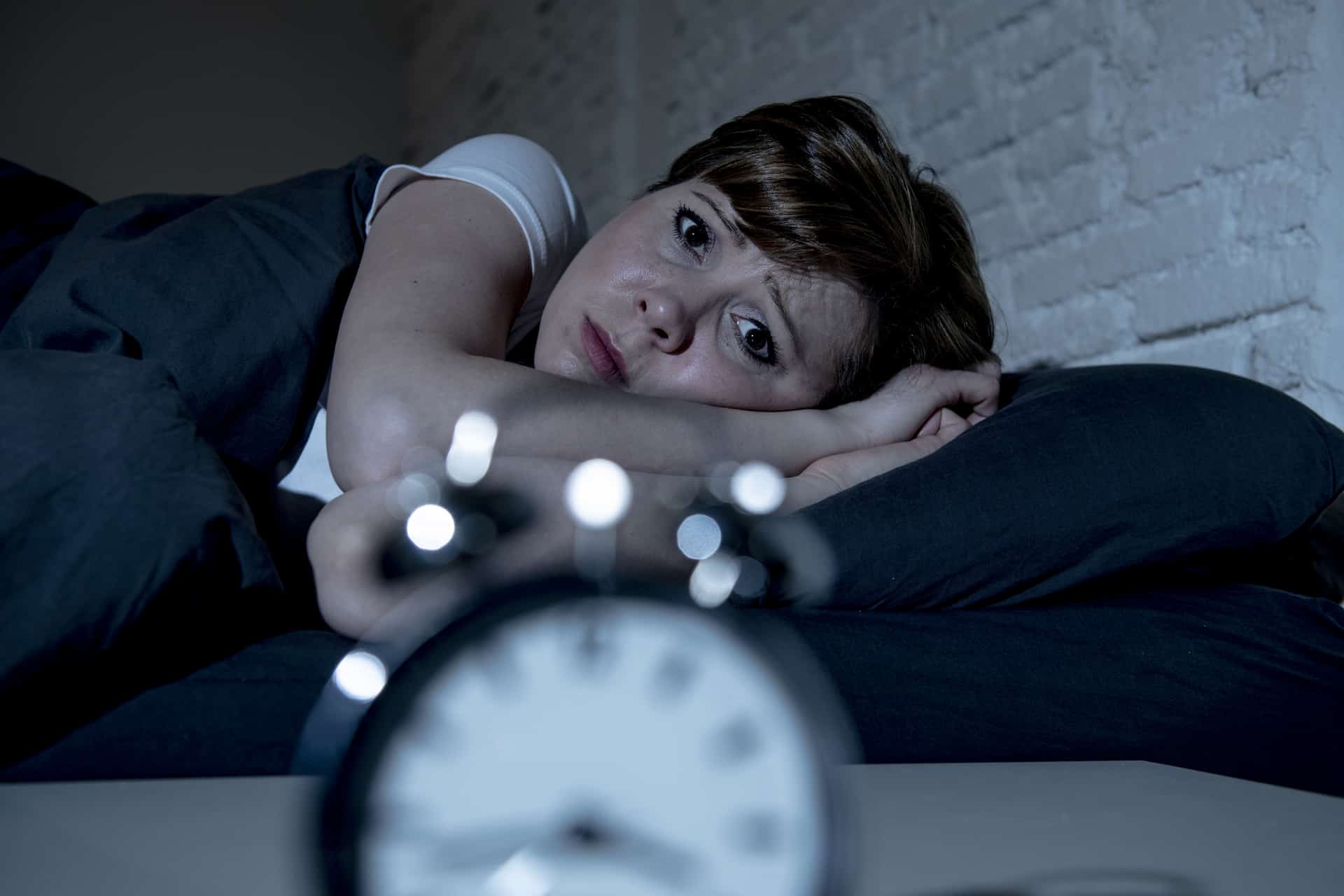
Are you constantly tossing and turning at night, wondering why you can't seem to catch enough Z's? Sleep deprivation might be the culprit behind your groggy mornings and sluggish afternoons. Understanding its symptoms is crucial for identifying and addressing this often-overlooked health issue. From irritability and mood swings to weight gain and a weakened immune system, the signs of not getting enough sleep are both varied and impactful. In this post, we'll unveil 15 key facts about sleep deprivation symptoms that everyone should know. Whether you're a night owl struggling to reset your clock or someone facing occasional sleeplessness, recognizing these symptoms is the first step towards reclaiming restful nights and energized days.
What is Sleep Deprivation?
Sleep deprivation happens when someone doesn't get enough sleep. It can affect anyone, from students to professionals. Lack of sleep can lead to various symptoms that impact daily life.
-
Mood Swings: Lack of sleep can make you irritable and moody. Even small things can trigger big reactions.
-
Memory Problems: Sleep helps the brain process and store memories. Without enough rest, recalling information becomes harder.
-
Difficulty Concentrating: Staying focused on tasks becomes a challenge. This can affect work, school, and even simple daily activities.
Physical Symptoms of Sleep Deprivation
Not getting enough sleep doesn't just affect the mind. It also takes a toll on the body. Here are some physical symptoms to watch out for.
-
Weakened Immune System: Your body becomes more susceptible to illnesses. Colds and infections become more frequent.
-
Weight Gain: Sleep affects hormones that control hunger. Lack of sleep can make you feel hungrier, leading to overeating.
-
High Blood Pressure: Poor sleep can cause your blood pressure to rise. This increases the risk of heart disease.
Impact on Mental Health
Sleep deprivation can have serious effects on mental health. It can lead to various psychological issues.
-
Anxiety: Lack of sleep can heighten feelings of anxiety. Everyday stressors become overwhelming.
-
Depression: Chronic sleep deprivation is linked to depression. It can make existing symptoms worse.
-
Hallucinations: In extreme cases, severe sleep deprivation can cause hallucinations. You might see or hear things that aren't there.
Effects on Daily Performance
Daily tasks become more difficult when you're sleep-deprived. Performance in various areas of life can suffer.
-
Poor Decision Making: Lack of sleep impairs judgment. Making decisions becomes more challenging.
-
Slower Reaction Times: Your reflexes slow down. This can be dangerous, especially when driving.
-
Decreased Productivity: Completing tasks takes longer. Efficiency at work or school drops significantly.
Long-Term Health Risks
Chronic sleep deprivation can lead to serious long-term health issues. These risks highlight the importance of getting enough rest.
-
Diabetes: Poor sleep affects insulin sensitivity. This increases the risk of developing type 2 diabetes.
-
Heart Disease: Long-term sleep deprivation is linked to heart problems. The risk of heart attacks and strokes goes up.
-
Shortened Lifespan: Consistently not getting enough sleep can shorten your life. Good sleep is crucial for overall health and longevity.
Piecing It All Together
Sleep deprivation isn't just about feeling tired. It's a complex issue that can affect your mental, emotional, and physical health in ways you might not expect. From mood swings and trouble concentrating to weakened immunity and weight gain, the symptoms are diverse and far-reaching. Recognizing these signs early can be a game-changer, allowing you to take steps to improve your sleep habits before more serious health problems arise. Prioritizing sleep isn't a luxury; it's a necessity for maintaining overall well-being. So, consider adjusting your routine, creating a restful environment, and maybe even consulting a healthcare professional if you're struggling. Remember, good sleep isn't just about quantity but also quality. Ensuring you get enough restful sleep is crucial for your health, happiness, and productivity.
Was this page helpful?
Our commitment to delivering trustworthy and engaging content is at the heart of what we do. Each fact on our site is contributed by real users like you, bringing a wealth of diverse insights and information. To ensure the highest standards of accuracy and reliability, our dedicated editors meticulously review each submission. This process guarantees that the facts we share are not only fascinating but also credible. Trust in our commitment to quality and authenticity as you explore and learn with us.


